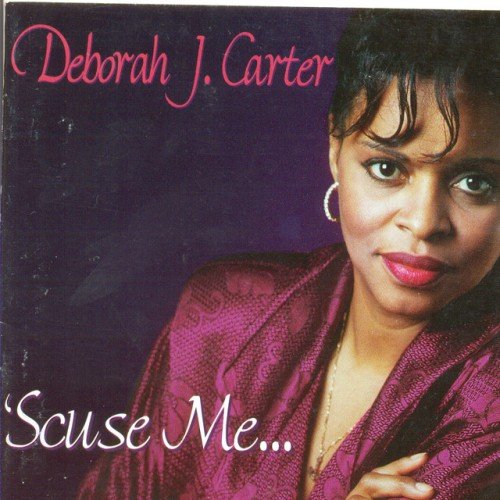Dave Douglas - Spirit Moves (2009) [FLAC]
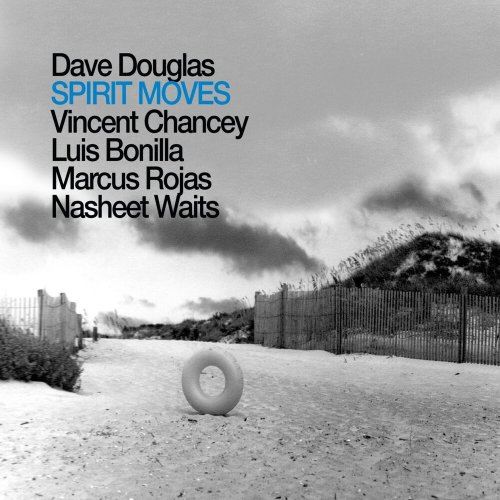
Artist: Dave Douglas
Title: Spirit Moves
Year Of Release: 2009
Label: Greenleaf
Genre: Modern Creative, Post-Bop, Avant-Garde Jazz
Quality: FLAC (tracks+.cue, log)
Total Time: 53:11
Total Size: 297.4 MB
WebSite: Album Preview
Tracklist:Title: Spirit Moves
Year Of Release: 2009
Label: Greenleaf
Genre: Modern Creative, Post-Bop, Avant-Garde Jazz
Quality: FLAC (tracks+.cue, log)
Total Time: 53:11
Total Size: 297.4 MB
WebSite: Album Preview
01. This Love Affair (3:25)
02. Orujo (3:38)
03. The View From Blue Mountain (4:53)
04. Twilight of the Dogs (4:06)
05. Bowie (6:27)
06. Rava (5:36)
07. Fats (3:48)
08. The Brass Ring (7:56)
09. Mister Pitiful (3:05)
10. Great Awakening (6:00)
11. I'm So Lonesome I Could Cry (4:18)
There is indeed a spirit that moves through Dave Douglas' first Brass Ecstasy recording: the late Lester Bowie. Bowie's Brass Fantasy group cut a few compelling albums that combined cover versions of all sorts of music -- as well as originals -- that were arranged for a brass orchestra. The most famous of these, The Great Pretender, is an obvious model for Douglas on this outing. The four brass players include Vincent Chancey on French horn, Luis Bonilla on trombone, Marcus Rojas playing the tuba, and Douglas, of course, on trumpet. Ace drummer Nasheet Waits is the drummer. Of the 11 tunes here, nine are originals. The two covers are standouts in how they strike the different ends of the spectrum: Otis Redding and Steve Cropper's "Mister Pitiful" is a three-minute romp that could be a hit single all over again if we had anything like radio anymore. Its arrangement combines Memphis grit with New Orleans Basin Street joy, and the chart, through straightforward, has some beautifully subtle harmonic touches. The other cover, Hank Williams' "I'm So Lonesome I Could Cry" (which has become somewhat of a staple of Douglas' generation of jazzmen), is a bit longer, and its arrangement, at least in the intro, evokes the Gil Evans arrangement approach to harmony and dynamic; it's soft, elongated, elegant and spare, and deeply moving. Douglas' muted trumpet sings the melody very quietly with contrasting, near contrapuntal harmonics and a bluesy improvisation on the lyric in the second verse as Rojas' tuba keeps a steady one-two bassline.


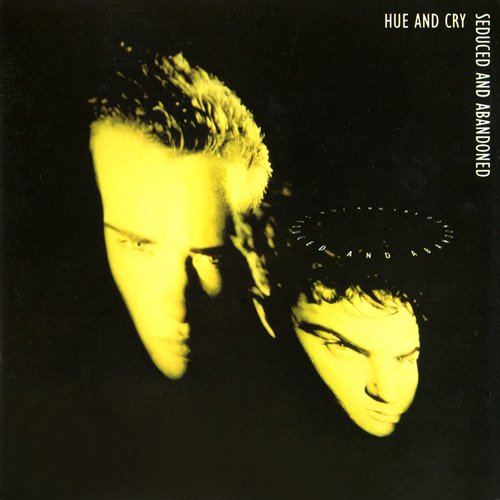
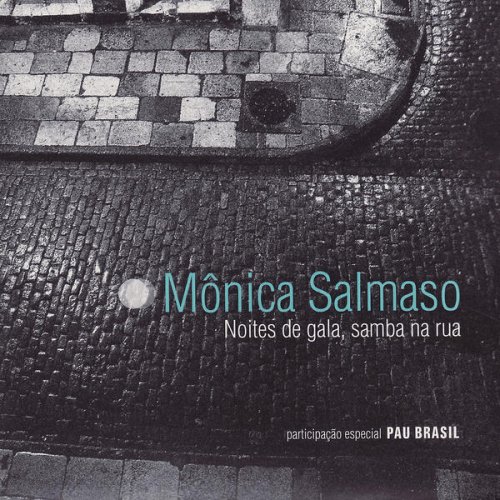
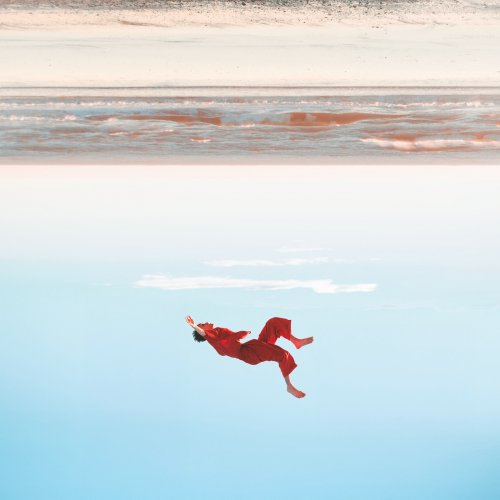
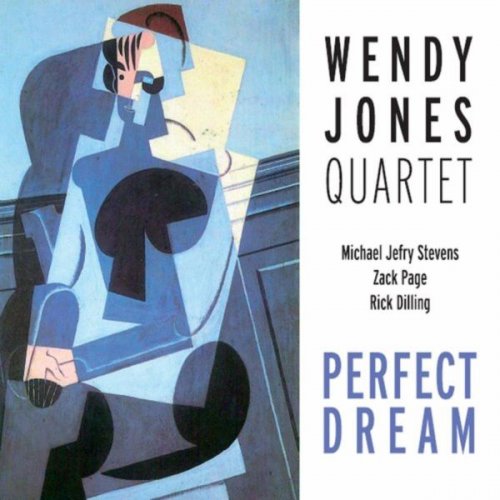
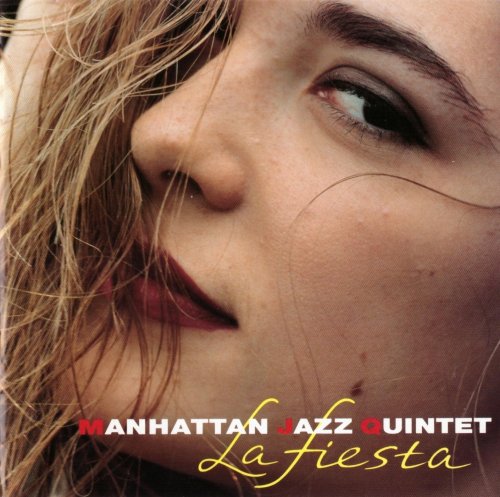
![Æthenor - Hazel (2016) [Hi-Res] Æthenor - Hazel (2016) [Hi-Res]](https://img.israbox.com/img/2026-02/21/u8vm4dsf9wrvmhpl4zso2e791.jpg)
